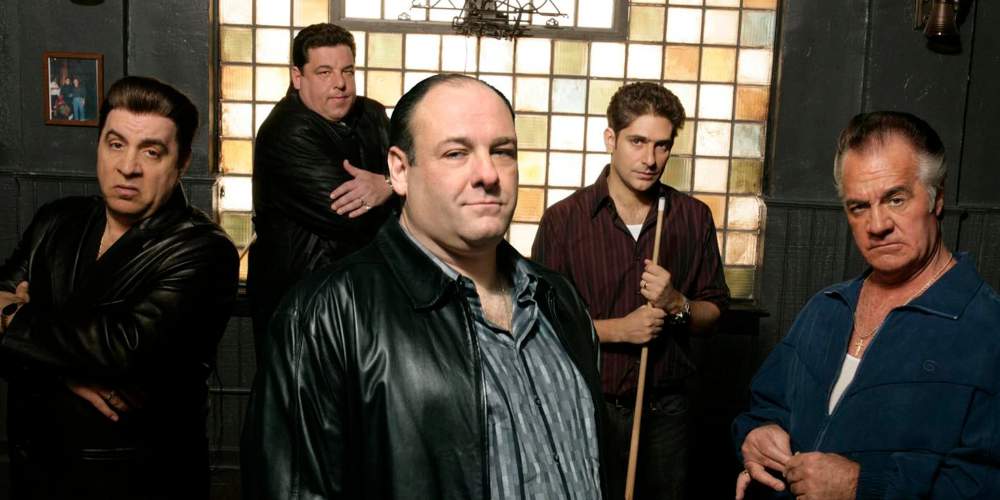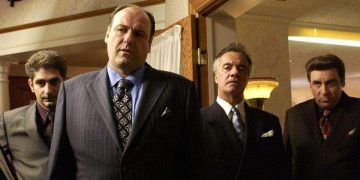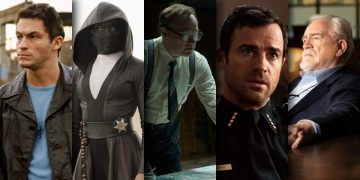Since the turn of the millennium, the world of television has exploded to new heights. Audiences now expect a level of depth, complexity, and quality unlike ever before—and network executives demand impossible feats from their creative teams.
Even if most TV networks can't afford to finance huge drama series with cinematic production values, they still strive for a final result that's somewhat close. Because if they don't, no one will watch.
Think of all the next-level TV dramas that debuted after 2000: The Wire, Breaking Bad, Mad Men, The Americans, Friday Night Lights, The Leftovers, Justified, Black Mirror... They all owe something to one revolutionary TV show that came out in 1999:
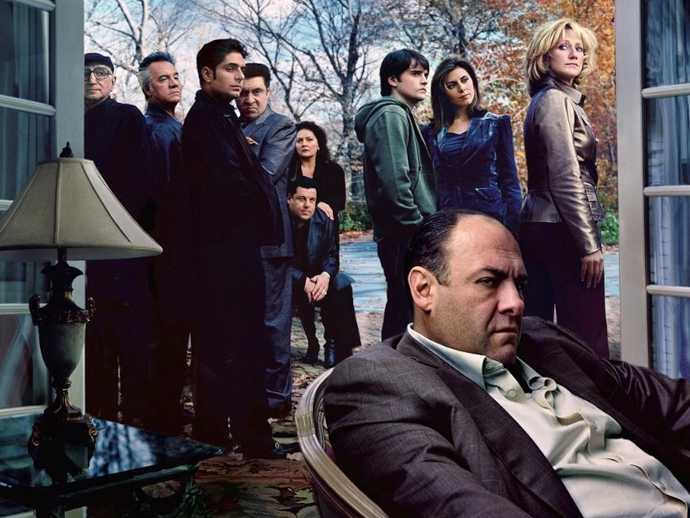
With The Sopranos, HBO raised the bar on dramatic TV to an entirely new standard. Not to say that there wasn't "good TV" before The Sopranos—shows like Seinfeld, The Twilight Zone, and ER had come before—but it did open up many cans of untapped potential.
The Sopranos wasn't just a TV show; it was a long-running movie that had more in common with The Godfather than it did with any other TV series at the time. It heralded a new era of narrative scope, production quality, violence on TV, and serial ambition.
Yet out of all its amazing achievements, there are three particular reasons why The Sopranos remains the greatest TV series ever made: its performances, its storytelling, and its legacy.
The Sopranos: Leading Performances
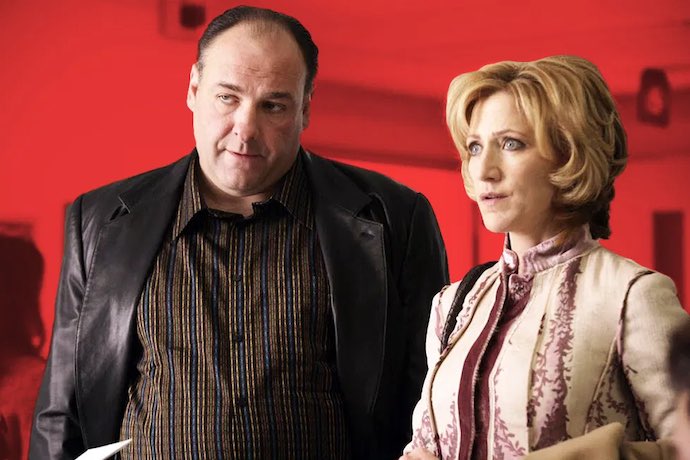
To this day, even as audiences swoon over the antics of Jesse Pinkman and Walter White, it has to be said that nobody has created a character that yet touches what James Gandolfini did with Tony Soprano.
He is TV's original anti-hero, the mob boss that left the suit behind and made bowling shirts cool. What Gandolfini presented to the audience was a wholly three-dimensional person, a person who struggled to maintain his business affairs and his family obligations.
Tony wasn't a hidden Michael Corleone type. He was a member of society who existed in the modern world, who had children to whom he was a father, who worked a career. In that way, everybody on some level can always connect to Tony's frustrations.
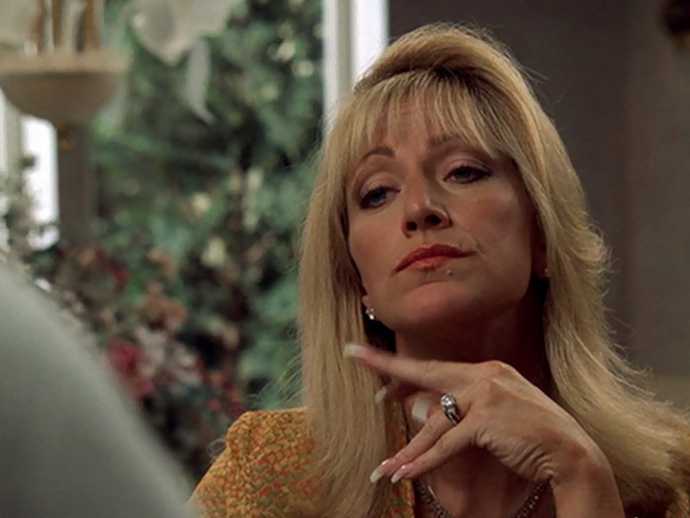
The same has to be said of Edie Falco's Carmela Soprano. Just as nobody has come close to toppling Tony as TV's greatest leading male character, Carmela hasn't yet been sighted by another actress on the quest to create a better leading female character.
Her ability to cut through Tony's lies and general attitude—often with nothing more than a comment—and still be the glue that holds her family together was nothing short of a fully rounded performance that attained rare perfection.
Other amazing actors and actresses have graced the small screen with sublime performances in the past few decades, but none has ever been as realized or influential as either Gandolfini or Falco.
The Sopranos: Intricate Storytelling
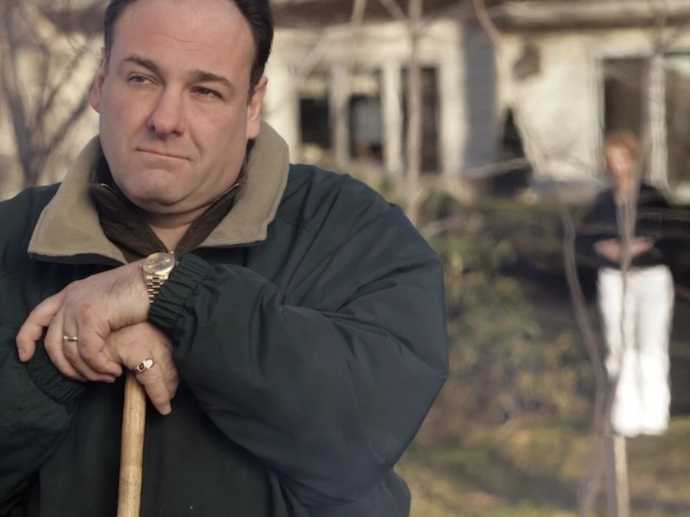
Great actors are nothing without great material, and the material in The Sopranos is as good as TV has ever gotten. David Chase's vision for the series was wholly different to anything else at the time.
The evolving character arcs were the result of careful planning and detailed writing. The series pushed the point that organized crime is more than an old man sat behind a desk on the day of his daughter's wedding—it's something real, built into the fabric of society.
The realism of The Sopranos is partly what made it appeal to real-life mobsters. Some FBI agents have even revealed that they've overheard real criminals talking about the show on Monday mornings, mostly to comment on how real the show was (and apparently wondering if the series had people on the inside consulting on it).
The talent within the writer's room was just as essential to the series' narrative success. Alongside creator David Chase were Matthew Weiner and Terrence Winter, who went on to create their own acclaimed series in Mad Men and Boardwalk Empire.
The Sopranos: Lasting Legacy
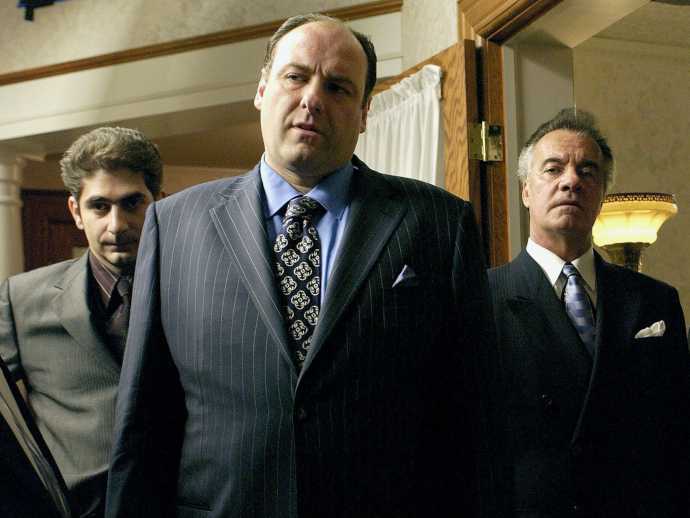
In many ways,The Sopranos was a perfect storm of elements that all came together in the right way: a writing team comprised of creative geniuses, a cast of actors and actresses who put in career-defining performances, and a network that was willing to take huge risks.
The result? It was The Sopranos that showed audiences that TV could be so much more than what it was. This was the series that made viewers realize that they did want more from TV—better stories, better acting, better cinematography, better everything.
In the end, The Sopranos changed television forever by launching the "Golden Age" in which we're living right now. Without it, there would be none of the later hits that ultimately stood on its shoulders.
And despite all that, it's still a great show. If The Sopranos debuted right now, it'd easily be reviewed as one of the best airing TV series. And that's why The Sopranos is still the greatest TV series ever made.
